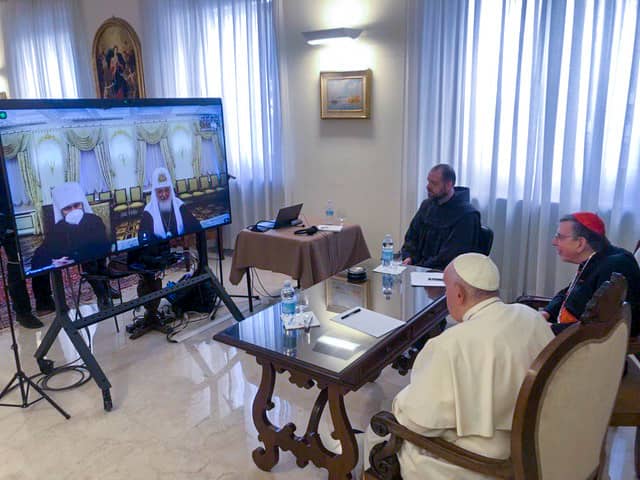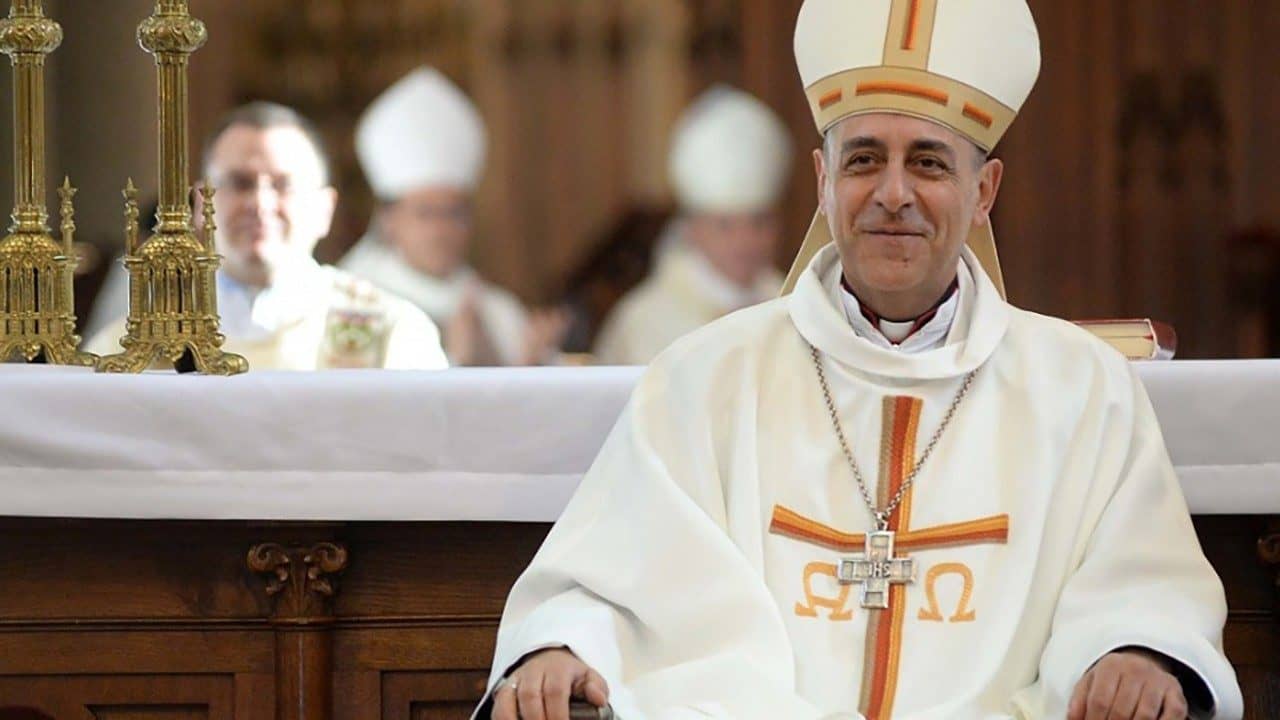ROME – It’s well-known that the filters one brings to an act of communication often determine what one gets out of it, but rarely was that principle as clearly on display as this week with reaction on different sides of the Atlantic to Pope Francis’s latest message on immigration.
In the U.S., coverage of the pope’s latest press conference on the way back to Rome from Colombia focused on Francis calling on President Donald Trump to “rethink” his decision on the Deferred Action for Childhood Arrivals program, or DACA, and questioning Trump’s ability to call himself “pro-life” because his immigration policies threaten families – in other words, as yet another strong show of support for immigrant rights.
Yet in Italy, that’s not at all been the tenor of coverage. Instead, Italians focused on another section of the pope’s remarks in which he addressed a recent effort by the Italian government to limit the number of people departing Libya in an effort to reach Europe. After thanking Italy and Greece for their efforts to cope with the massive refugee flow, Francis started to jag on immigration in general.
“It’s a commandment of God to accept [new arrivals] because you were migrant slaves in Egypt, but a government must handle this problem with the virtue proper to a leader, [and] this means with prudence,” the pope said.
“What does this mean? First, how many places do I have? Secondly, not only to receive them but to integrate them.”
Taken as a whole, many Italians saw the remarks as a new, more cautious and realistic line from the pontiff on immigration, one that recognizes limits and the need for “prudence.” The daily newspaper Libero, known for its hardline stance on immigration, was perhaps the most dramatic, carrying a banner page-one headline on Tuesday reading, “We’ve converted the pope!”
Hence, the same skeptics on immigration who were irritated in the United States were delighted in Italy, and vice-versa.
Of course, it’s no trick to stir controversy when talking about immigration, because it’s every bit as much a contentious issue in Europe as it is in the States. What’s more striking, however, is managing to say things that draw applause from precisely opposing constituencies, depending on which part of the message actually lands on their respective radar screens.
So what’s going on?
Is this simply a case of journalists doing what they do, slicing and dicing a message based on their interests – in this case, Americans unable to resist the pope taking a dig at Trump, and Italians excited about a papal plug for il bel paese?
Or, is this the pope himself talking out of both sides of his mouth, offering different messages for different audiences that don’t add up to a coherent vision?
Those who have listened carefully to what the pope has said on immigration for the last four years, whenever the subject comes up (as it almost invariably does, for instance, in these inflight press conferences), would tell you a couple of distinctions are in order.
First, whenever Francis discusses immigration, he makes an obvious distinction in his own mind, even if he doesn’t always say it out loud, between the spiritual and moral dispositions a society ought to have in the face of strangers and newcomers, and the political task of translating those dispositions into concrete acts of government.
You saw him do this again on Monday in response to the question from the Italian journalists, saying, “The problem of migrants is, first, [to have] an open heart, always,” he said. In almost the same breath, however, he added, “An open heart isn’t enough.”
Governments, he said, must also have prudence based on the number of places they have in a society, and also their capacity to integrate new arrivals beyond simply finding spots for them.
Francis provided a specific example of the point on Monday by highlighting the example of Sweden, a country he visited last October.
“I’ve spoken of the integration policy of Sweden as a model,” he said. “But even Sweden had to say, with prudence: ‘This is the number [we can receive]; more than that, we can’t do,’ because there’s the danger of non-integration.”
In other words, on the moral level, Francis is a raging idealist; in terms of politics, he’s capable of being a great realist.
Second, it would also seem that when he believes a society basically has its heart in the right place and is doing its best, Francis is more inclined to cut it a break in terms of how much more it’s realistic to expect. That appeared to be the spirit of saying, for instance, that “I feel obliged to gratitude to Italy and Greece, because they opened their hearts to migrants.”
Perhaps the raw truth is that when it comes to the Trump administration in the U.S., at least on this issue, Francis doesn’t have that level of confidence, and is less inclined to take the edge of his challenges with doses of caution.
In any event, Monday’s inflight press conference was a great reminder than when it comes to Francis, it often takes some time and reflection to put his (undeniably alluring) soundbites into the proper context.
Otherwise, depending on where you live and what looms largest there, you might end up confused about who’s cheering for the pope this time, and why!















